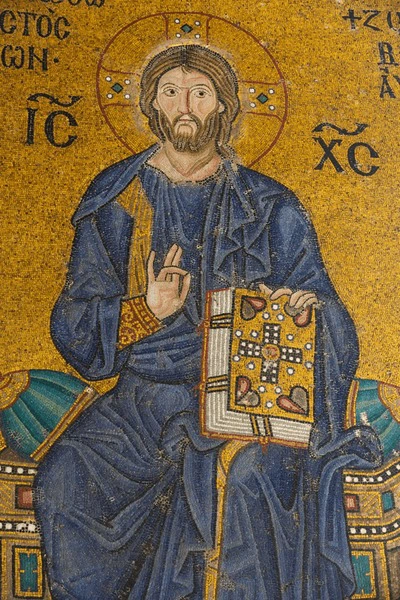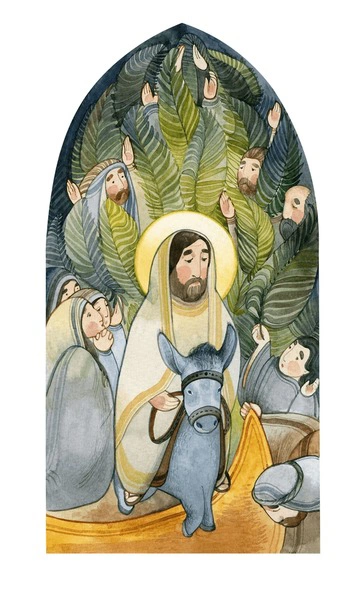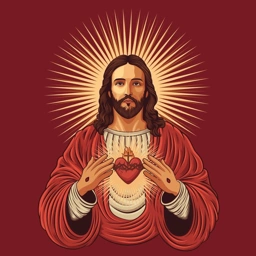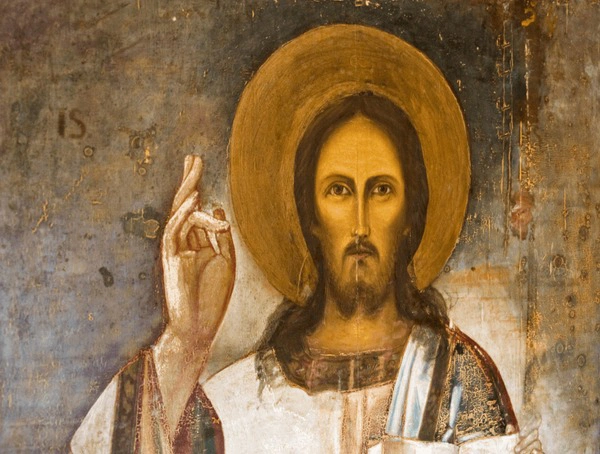
Unraveling the Genealogy in Matthew Chapter 1: Verse 15
The genealogy in Matthew 1:15, including figures like Zadok, Achim, and Eliud, is a testament to God’s covenantal promises and His use of ordinary people for extraordinary purposes. This lineage underscores Jesus’ legitimacy as the Messiah and encourages believers to see their own lives as part of God’s larger narrative.
Joshua Brooks
26/11/2024 - 7 months ago

Understanding the Lineage
Matthew Chapter 1:Verse 15 continues the genealogical account leading up to Jesus, focusing on the figures of Zadok, Achim, and Eliud. This lineage is not just a list of names but a testament to God’s covenantal promises across generations. Each name represents a story of faith, endurance, and the unfolding of God’s divine plan. The inclusion of these figures in the genealogy signifies their role in the fulfillment of prophecy, showing how God worked through ordinary people to bring about His extraordinary purpose.
Zadok is a name that resonates with the theme of righteousness and priestly lineage. While not much is known about this particular Zadok, the name itself is associated with a high priest during King David’s reign, symbolizing faithfulness and devotion. This echoes the broader biblical narrative where God often works through those who show steadfast loyalty to His commandments. Through such connections, the genealogy emphasizes how God’s promises are fulfilled through individuals who live righteously.
Achim and Eliud, like Zadok, are lesser-known figures in the biblical narrative, yet they hold significant places within this genealogy. Their inclusion highlights how God values every part of His creation, regardless of how prominent or hidden their roles might seem. In the tapestry of God’s story, every thread is significant, contributing to the grand design of redemption and grace. This perspective encourages believers to see their lives as part of a larger, divine narrative, where each person has a unique role to play.
Importance of Genealogies
Genealogies in the Bible serve as more than historical records; they are theological affirmations of God’s promises to His people. The genealogy in Matthew, including verse 15, connects Jesus to the patriarchs of Israel, affirming His rightful place in Jewish history and fulfilling Old Testament prophecies. These genealogies are a reminder of the continuity of God’s plan, demonstrating how He remains faithful to His covenant across generations.
For ancient Jews, genealogies were crucial in establishing identity and legitimacy. They confirmed one's tribal affiliation, inheritance rights, and role within the community. In the Gospel of Matthew, the genealogy underscores Jesus’ legitimacy as the Messiah, tracing His lineage back to Abraham and David. This connection is vital for understanding Jesus’s mission and His fulfillment of messianic prophecies, revealing God’s faithfulness in keeping His promises.
Moreover, genealogies serve as a bridge connecting the Old and New Testaments. They show how the promises made to Abraham and David are realized in Jesus Christ. Through this lineage, the Gospel writer emphasizes the continuity of God’s work through history, uniting the stories of the Old Testament with the new era ushered in by Christ. This continuity assures believers that God’s promises are unchanging and trustworthy, encouraging them to trust in His divine plan.
The Role of Ordinary People
The genealogy in Matthew 1, including figures like Zadok, Achim, and Eliud, highlights the role of ordinary people in God’s extraordinary story. Often, these individuals lived unremarkable lives by worldly standards, yet they were instrumental in the divine narrative. Their inclusion in Jesus’s lineage reminds us that God often chooses the humble and overlooked to fulfill His purposes, a recurring theme throughout Scripture.
This divine choice reflects God’s grace, where He values faithfulness over fame and humility over power. In a world that often prioritizes status and achievement, the genealogy teaches that God’s criteria are different. He sees the heart and values those who remain faithful to His call, regardless of their social standing. This truth reassures believers that their worth is not defined by worldly measures but by their relationship with God.
Through these ordinary figures, believers are encouraged to recognize their potential impact in God’s kingdom. Just as Zadok, Achim, and Eliud played their parts in the lineage of Christ, every believer has a unique role to fulfill. This understanding inspires Christians to live faithfully, knowing that their contributions, though they may seem small, are significant in God’s eyes. It is a call to be faithful in the everyday moments, trusting that God is at work in and through them.
Living Out the Legacy
Matthew Chapter 1:Verse 15 and the surrounding genealogical passage invite believers to reflect on their spiritual heritage and legacy. Just as God was faithful to His promises through the lineage of Jesus, He remains faithful to His promises today. This assurance encourages believers to live out their faith with confidence, knowing that they are part of a legacy of divine faithfulness and grace.
The genealogy reminds Christians that they are part of a larger story that transcends time and place. This perspective shifts focus from the temporary to the eternal, encouraging believers to invest in things that have lasting value. By understanding their place in God’s narrative, Christians are empowered to live with purpose and intentionality, contributing to God’s ongoing work in the world.
Ultimately, the genealogy of Jesus, including the figures in verse 15, calls believers to trust in God’s sovereign plan. It is a testament to His unchanging nature and His ability to work through all circumstances for His glory. As believers live out this legacy, they are called to share the story of God’s faithfulness with others, becoming vessels through which His love and truth are made known to the world.




















